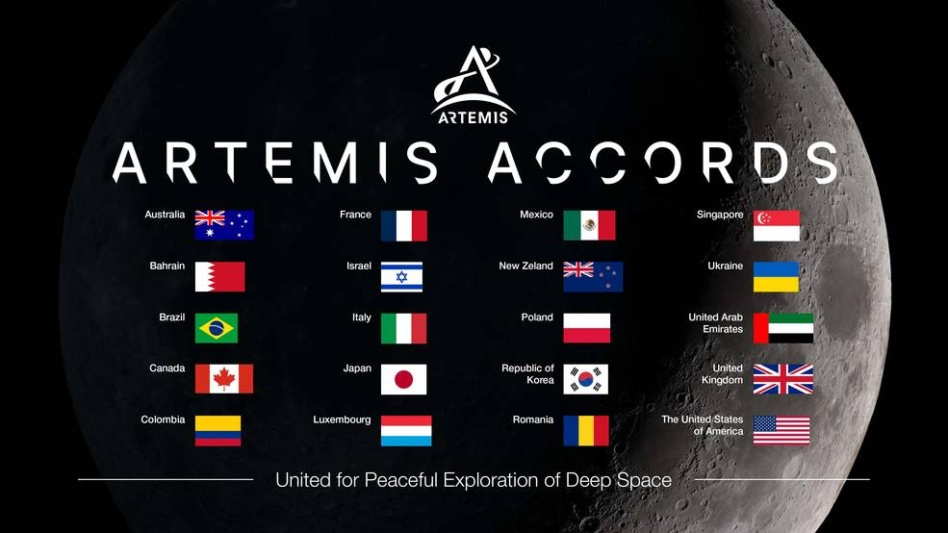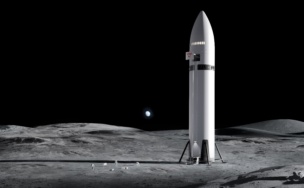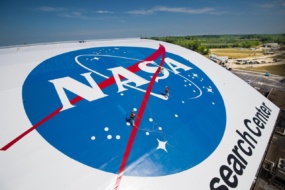France has signed the Artemis Accords, joining 19 other signatories in an agreement to maintain safe and cooperative operations in space.
About the accords: In 2020, NASA kickstarted an initiative to foster international cooperation and set some ground rules for spacefaring before humans returned to the moon.
Nations who sign the Artemis Accords agree to a handful of common-sense measures to make human spaceflight missions safer, including:
- Ensuring safe zones around future lunar bases
- Providing emergency assistance to signatories in need, when possible
- Registering space objects
- Deconflicting space activities
- Sharing scientific data with other countries
The accords are non-binding and not enforceable, but they are a prerequisite for countries angling to get in on NASA’s Artemis program missions.
So far, the signatories are Australia, Bahrain, Brazil, Canada, Colombia, Israel, Italy, Japan, South Korea, Luxembourg, Mexico, New Zealand, Poland, Romania, Singapore, Ukraine, the UAE, the UK, the US, and now, France.
Welcome, France: France has a busy space agency, CNES, as well as a pretty major presence in the current commercial space landscape. Its decision to join the Artemis signatories is a noteworthy endorsement of these best practices for safe, sustainable, and collaborative space exploration.





